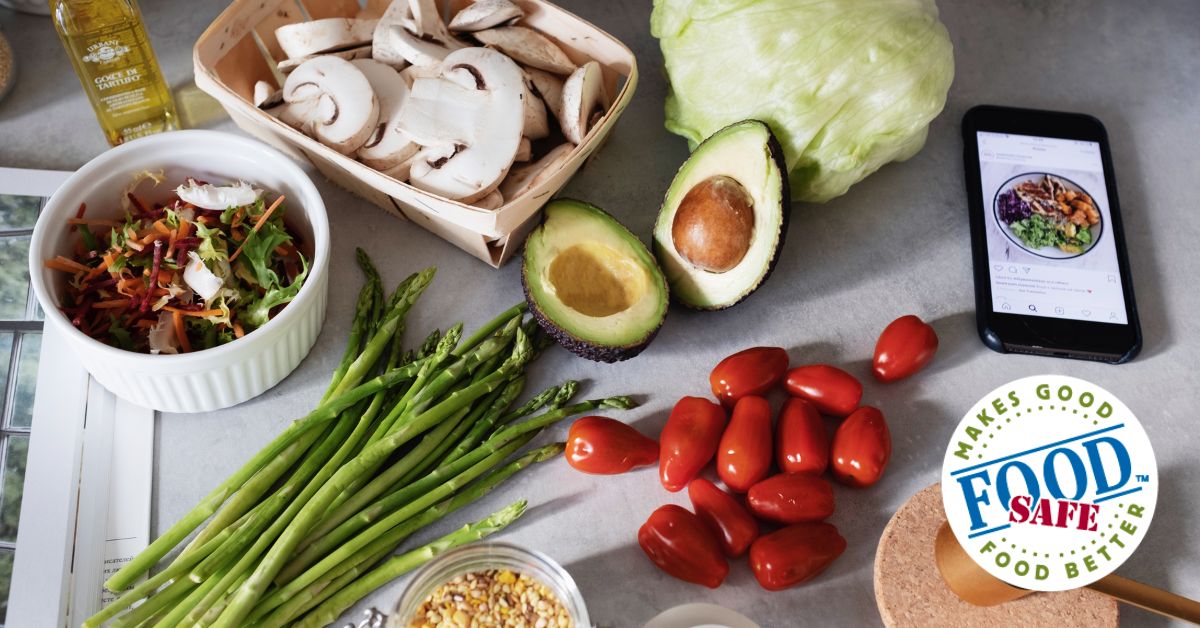Food safety is a critical component of the food industry, and it plays a vital role in safeguarding public health. Whether you’re running a food safe level 1 course restaurant, catering service, or simply preparing meals at home, understanding food safety is essential. In Surrey, a city known for its growing food service sector, taking a Food Safe course is not only important for compliance with health regulations but also essential for preventing foodborne illnesses and ensuring consumer safety.

What is the Food Safe Course?
The Food Safe course is a provincially recognized training program designed to teach individuals the principles of safe food handling. The course is structured to educate participants on proper food hygiene, safe food preparation, and best practices for reducing the risk of food contamination. It is suitable for anyone who works with food, from restaurant staff and catering professionals to home cooks who want to enhance their food safety knowledge.
In Surrey, as in many parts of British Columbia, businesses in the food service industry are often required by local health authorities to ensure that employees have completed the Food Safe course. This ensures compliance with health codes and promotes public safety.
Why is Food Safety Crucial?
Foodborne illnesses are a significant public health concern, causing thousands of hospitalizations and deaths each year. Pathogens like Salmonella, E. coli, and Listeria are responsible for many outbreaks of foodborne illnesses, and improper handling or preparation of food is a primary cause. Cross-contamination, improper temperature control, and poor personal hygiene are all factors that can lead to foodborne illnesses.
Taking a Food Safe course helps food handlers understand the risks involved and provides them with the tools they need to prevent these hazards. Proper training in food safety helps businesses reduce the likelihood of outbreaks and ensures that consumers are protected from foodborne illnesses.
Key Topics Covered in the Food Safe Course
The Food Safe course offers comprehensive training on a range of food safety practices. Key areas covered include:
- Personal Hygiene and Handwashing: Learning the correct procedures for handwashing and maintaining personal cleanliness is critical in preventing the spread of harmful bacteria.
- Foodborne Illnesses: The course covers common foodborne pathogens, including how they spread, their symptoms, and strategies to prevent contamination.
- Temperature Control: Understanding the safe temperatures for cooking, storing, and reheating food is essential to prevent bacterial growth.
- Preventing Cross-Contamination: Participants learn how to avoid cross-contamination by using separate cutting boards, utensils, and storing food correctly to reduce the risk of contamination.
- Cleaning and Sanitizing: Proper cleaning methods for kitchens, utensils, and equipment are taught to ensure that surfaces remain free from harmful pathogens.
- Food Allergen Management: The course also covers how to handle food allergens and prevent cross-contact to protect consumers with food allergies.
Who Should Take the Food Safe Course?
The Food Safe course is ideal for anyone who works in or is involved with the food industry. This includes:
- Food Service Employees: Cooks, chefs, servers, dishwashers, and kitchen staff who handle food.
- Catering Professionals: Individuals preparing and serving food at events.
- Food Managers: Those responsible for overseeing food safety practices within a business.
- Childcare Providers: Individuals preparing meals in daycare or school settings.
- Home Cooks: People preparing meals for family or starting a small food business.
In Surrey, many food businesses, including restaurants, cafes, and catering services, require employees to complete this course to ensure compliance with health regulations.
How to Enroll in the Food Safe Course in Surrey
Several accredited organizations in Surrey offer Food Safe courses, including community centers, training providers, and online platforms. The course typically takes a few hours to complete, with options for both in-person and online training. Upon completion of the course, participants are required to pass a test to earn their Food Safe certification, which is typically valid for five years.
Conclusion
Food safety is a responsibility that every food handler must take seriously, whether working in a professional kitchen or preparing food at home. In Surrey, the Food Safe course provides individuals with the knowledge they need to ensure safe food practices, comply with local health regulations, and protect public health. By taking the course, food handlers can minimize the risks of foodborne illnesses, maintain hygiene standards, and enhance their credibility in the food service industry. Whether you’re a business owner, food handler, or simply a home cook, investing in food safety education is a smart and responsible decision.
